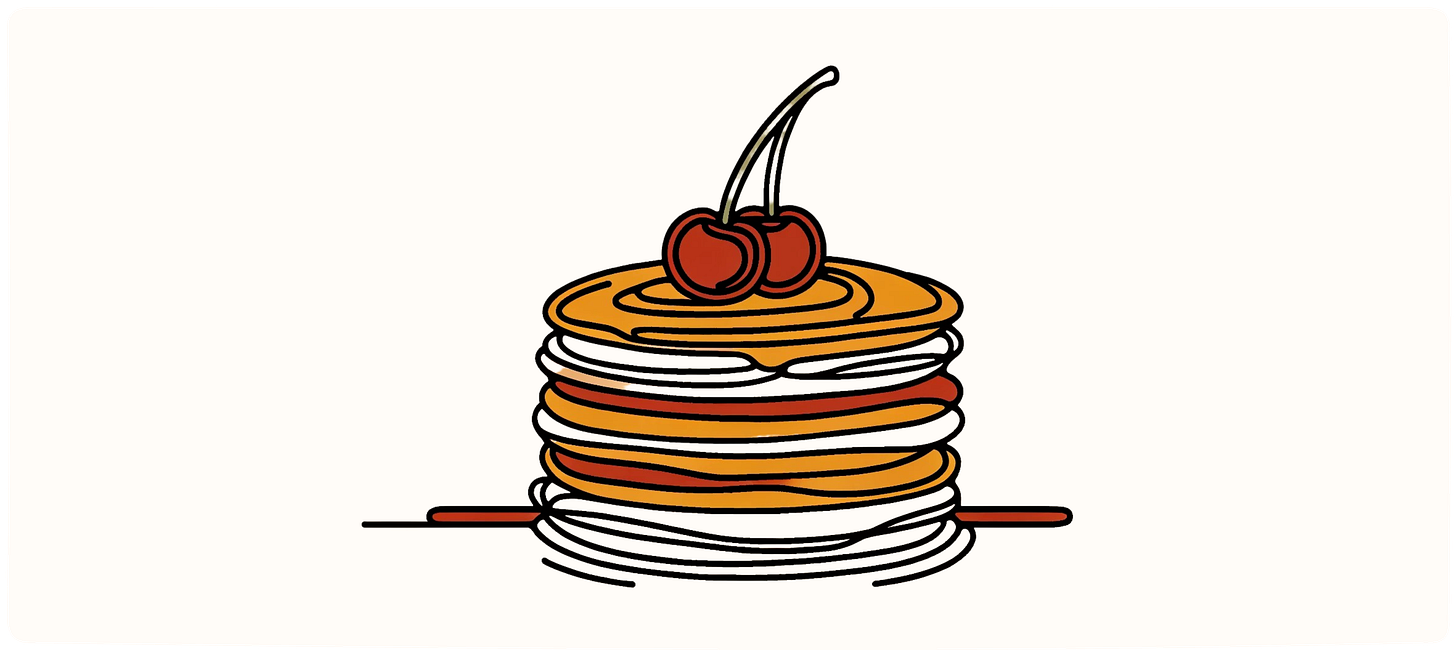I've realized that one thing I really enjoy about writing is that I can do it all myself. Idea, draft, edit, design, publish. But when I build software products, I have to rely on a trusted partner (I've written a few lines of code, but I'm squarely the "non-technical" founder).
Usually people tell you this isn't a good mentality to have — the desire to be self-sufficient, nor to actually do everything yourself. But I kind of disagree. I think it's good to be able to do everything yourself (even if you don't always end up running at things solo).
Whether it's writing, building products, or something else — I think it's good to be full-stack at something.
What does it mean to be full-stack?
The "full-stack" label is usually an engineering description. Being a full-stack engineer is like being a "technical" renaissance man. The solo founders just hacking away at project after project — usually full-stack devs. The coveted first eng hire for a startup without stellar technical chops — often a full-stack dev.
With the creator economy maturing, I’ve also heard the phrase “full-stack creator.” It usually describes an online content creator that can do it all themself. The actual tasks, e.g. scripting, speaking, film, editing videos, designing, coding (or no-code). And the overarching domains of audience building and marketing.
I haven’t heard the phrase "full-stack" used in many other fields, but I think it exists in every single domain.
What does it mean to be a full-stack designer? A full-stack marketer? A full-stack founder? A full-stack investor? A full-stack writer? A full-stack performer (maybe the closest is the “triple threat”)? What does it mean to be skilled, or at least have a working knowledge of something, in totality — from end-to-end?
What's the benefit of being full-stack?
There are a number of reasons being “full-stack” is good for you.




